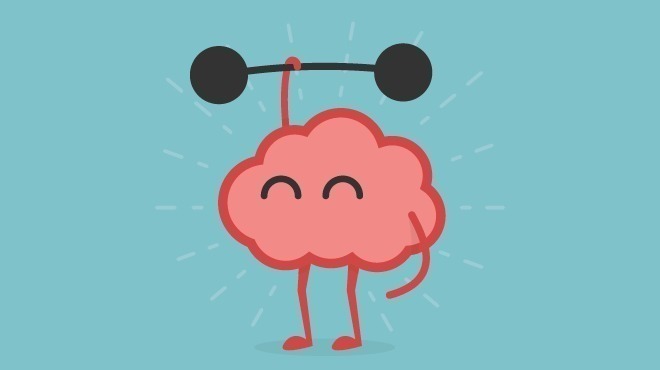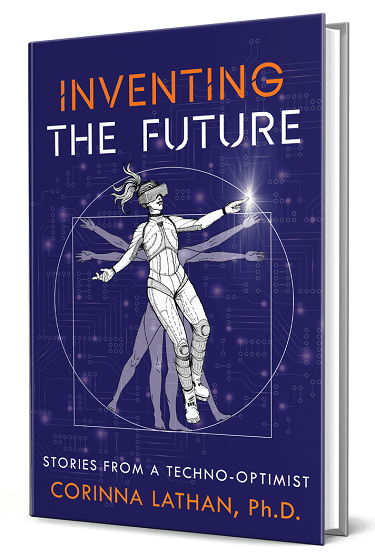Posts Tagged ‘brain health’
On cognitive-physical training, brain biomarkers, dementia, ketamine, brain teasers, riddles and more
Welcome to the last 2022 edition of SharpBrains e‑newsletter, featuring a few selected brain health news and fun teasers to challenge your brain and help us all think outside the box. #1. “Everyone agrees that Google Glass failed when it came to market, but to me, it’s a symbol of hope … It inspired people to…
Read MoreTechnology as a bridge in time: Shaping the future of brain health via today’s innovations–including those that “fail”
Remember Google Glass? Google invested millions of dollars and came to market in 2014 with the first generation of wearable augmented reality (AR) technology. You could wear their cool headsets with or without glasses and use them to read and send email all while going about other tasks. Even before it was available to the public,…
Read MoreTaking your brain vitals: Stories from a techno-optimist inventing the future of human performance
For as long as I can remember, my father loved acting. Into his sixties and early seventies, he was quite active in the theater. He played Tartuffe in Molière’s Tartuffe, Nick Bottom in Shakespeare’s A Midsummer Night’s Dream, and the Old Man in Steve Martin’s Picasso at the Lapin Agile. When he won the role…
Read MoreStudy: Building muscle mass helps delay cognitive decline beyond the value of exercise itself
A new reason to build muscle: brain health (The Globe and Mail): … a recent study from researchers at McGill University, published in the journal JAMA Network Open, offers a new reason for continuing to work on building muscle: It’s good for your brain, not just your biceps. Greater muscle mass, the results suggest, helps ward…
Read MoreUpdate: Playing videogames may be more cognitively beneficial than other forms of screentime like social media, watching videos/ TV
Welcome to a new edition of SharpBrains’ e‑newsletter, featuring timely brain & mental health news and a fun brain teaser to put your temporal lobes to good use :-) #1. Study finds that playing videogames may be more cognitively beneficial for children than other forms of screentime (social media, watching videos/ TV) “Here, we estimated the impact…
Read MoreReminder: UT-Dallas BrainHealth presents virtual talks with Alvaro Fernandez (this Thursday, April 21st) and Sanjay Gupta (next Tuesday, April 26th)
Each month, some of the most fascinating speakers participate in interactive conversations about the latest advances in brain health science, technology and real-world application. All talks are virtual and free of charge. Register for the season and attend as many talks as you like.
Read More





